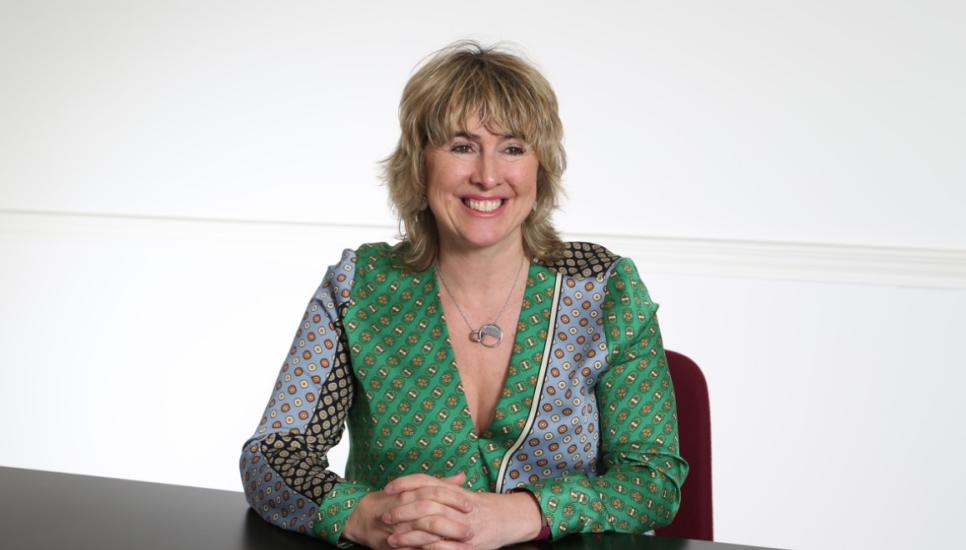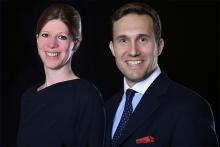Sustainable investing in the private wealth sphere: How can fiduciaries balance the risks with the rewards?

Risk and reward are concepts that everyone thinks about when considering investment strategy. However, in the context of sustainable investment, fiduciaries and family offices are often more concerned with risk, particularly if they are new to this area of investment.
For trustees, a significant concern is how will a long-term responsible investment strategy fit with their onerous legal duties to manage trust assets for the beneficiaries' maximum benefit? The focus for family offices is likely to be how to manage the expectations of different family members if they have differing views on sustainable investing? How can the fiduciary feel confident that they have the authority and family buy-in to make sustainable investment decisions? And for anyone managing assets on another's behalf, how can they protect themselves against losses resulting from new and potentially speculative investment strategies?
 What are the reasons for investing sustainably?
What are the reasons for investing sustainably?
Whilst these concerns are legitimate, there is also an increasing view that part of an investor's fiduciary duty is to manage long-term risks such as environmental, social and governance (ESG) risks. The use of ESG as an investment criteria has become a buzzword for separating the 'saints' from the 'sinners' and much is made of the moral duty to have regard to these risks. There is also significant evidence from the corporate world that implementing ESG measures into investment strategies is compatible with reward, indeed even key to long-term success.
The drivers for this change may well be the stakeholders who want their money to be deployed in a way that is part of the solution and not the problem. But to protect the decision-makers in private wealth structures from criticism or claims, detailed consideration is required to ensure that sustainable investment decisions may be justified.
The big picture answer is that sustaining natural resources is a vital part of protecting the long term future of the planet and the ability of future generations to thrive. Human welfare depends upon the environment and functioning social structures. Therefore the concept of maximising 'benefit' needs to be expanded to recognise the benefits of responsible investing for future generations of beneficiaries who will be most affected by environmental issues. In this sense, sustainable investing becomes part of a 'multi-generational' fiduciary duty.
 How can fiduciaries mitigate the risks?
How can fiduciaries mitigate the risks?
From a legal perspective, the key to successfully implementing these concepts into a private wealth structure is to apply the same principles as one would to incorporate family governance principles into a private wealth structure. The message is: plan ahead, implement processes, give power to the right people and provide them with adequate protection. This will ensure that those administering the structure (the family office, trustees and other fiduciaries) have the authority and buy-in from the family to feel confident when making sustainable investment decisions. Ideas are:
• To make commitments to ESG integration in the family charter or a letter of wishes. These documents can set out investment aims and explain how the family or founder sees these commitments as aligning with fiduciary duties. These commitments can be incorporated into investment mandates, allowing the trustees or family office to monitor how investment managers are implementing them, to keep the strategy under review and report to the beneficiaries.
• Distribution or dividend policies in wealth structures might dictate that a certain percentage of profits are re-invested into sustainable projects or impact investing each year. A separate fund could be set up for this purpose, or a purpose trust could be established with the object of sustainable investment.
• Protections for trustees can be built into a trust deed, by including bespoke exoneration and indemnity clauses. Alternatively, a reserved powers trust could be established to allow the settlor to determine investment strategy, or to appoint an investment committee to do so, thereby ring-fencing investment liability away from the trustees.
• Finally, family offices and trustees should make careful records of all deliberations and decisions in relation to proposed investments, and of discussions with family members and external advisers. They should also take appropriate professional advice on these issues.






